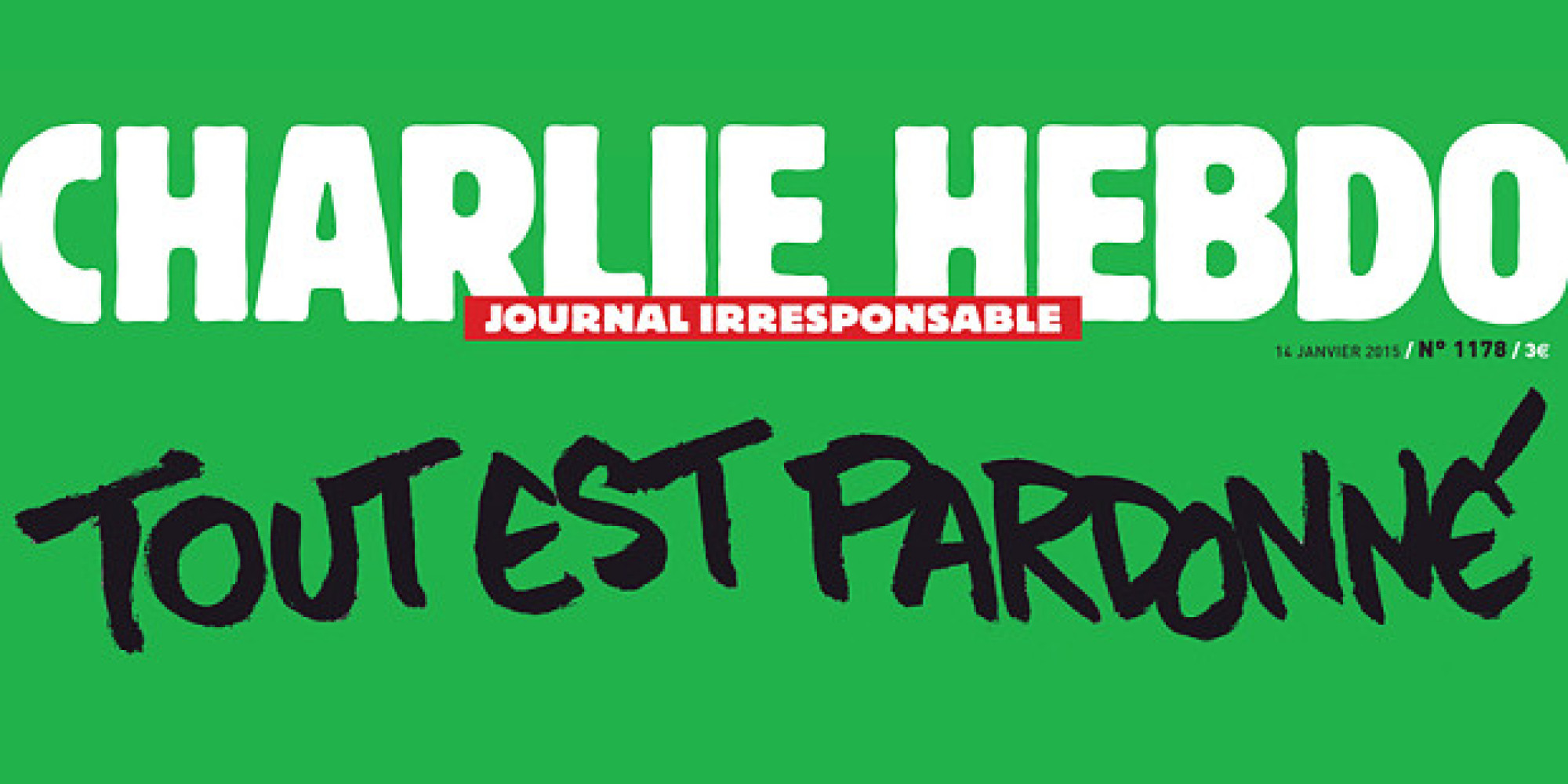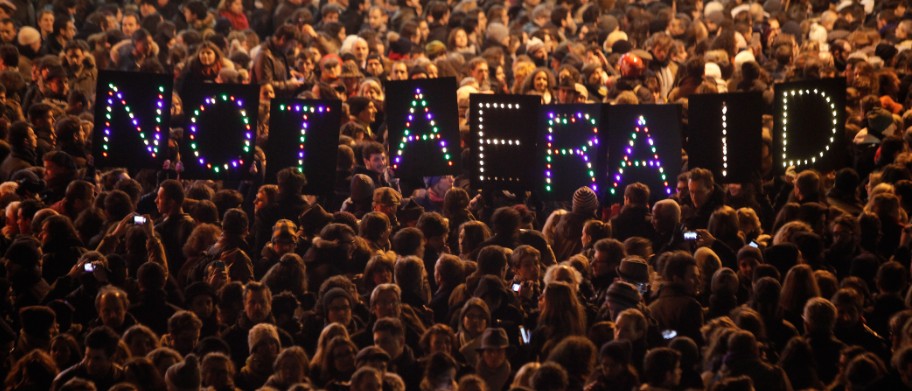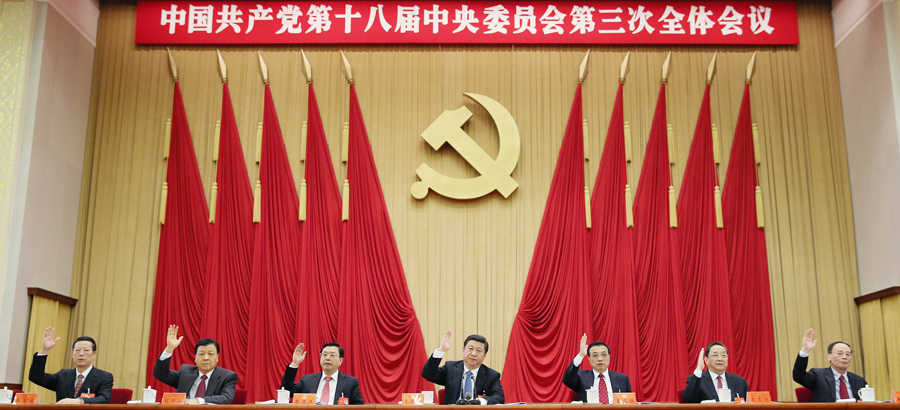As condolences for the victims of the Charlie Hebdo attack continue being expressed in France and worldwide by people standing up for the freedom of speech, the controversial satirical magazine published a new issue Monday, featuring Mohammad again on the front cover. In the cartoon, Prophet Mohammad is holding a sign “Je suis Charlie” under the headline “All is forgiven.” If anything, this new move of the magazine only adds to the already turbulent politics in France, a great part of which stems from the tension between Islamic communities and non-Islamic communities within the country.
France is home to Europe’s largest Muslim population. The migration of Muslims to France can be sourced to France’s colonization of North and Western Africa. France’s Colonization of Algeria did not come to an end until 1962, the year when Algeria declared independence. A lot of the migrant families became the lowest strata of the French society in terms of education, employment, and social status in general. The attack of Charlie Hebdo, followed by the 1.5-million-people march in Paris on Sunday and the magazine’s provocative new issue on Monday, threatened to deepen the fissure between the Muslim population and the Roman Catholic majority within France.
This series of events ultimately served to intensify the polarization of wealth and power by socially alienating Muslims from the rest of the society, so they became ever more confined to the poorer “zones” or neighborhoods in the cities. Considered within this context, is Charlie Hebdo really the symbolic free speaker of France, Europe, and even the world? Are we Charlie, but in the derogatory sense that our rallies and “free speech” contribute to the inequality between citizens? The most unsettling fact of last week was that Muslims were condemned as Muslims, not as French citizens, and the violent actions of a few individual Muslims as “Muslim violence” against the universal value of free speech.
The History of Freedom of Speech
Freedom of Speech has a long history. It was included in early human rights documents, and was fervently debated among philosophers and political theorists as early as in the 17th and 18th century when the establishment of a modern state posed questions to the relationship between the Church and the State. The history of freedom of speech has always been part of the history of the separation of the Church and the State. The socio-political context in which free speech became significant was the Church’s dominance in public speech and the rise of the power of the Civil State, which threatened to take away certain rights of the Church to grant them to the individual citizen. But in the Charlie Hebdo attack and its aftermath, the lack of discussion on the question of civil rights is alarming. To what extent the new issue of Charlie Hebdo might have harmed the civil rights of Muslims who are French citizens and have committed no crimes?
Freedom of speech was, and should stay as, a site of a political debate that involves two sides: the speaker and the side that can be potentially harmed by the speech. So long as speech is an act in the public domain, it should be held responsible for any harm it exerts on other citizens as all other public acts. The truth is there are no governments that do not restrict free speech. The discussion of free speech only becomes meaningful when the discussion is focused on the extent to which the freedom should be limited. In France, or for instance, in the United States, we often see free speech restricted by the right to privacy, national safety, or punished when it is categorized as hate speech.
What adds to the complexity of the issue of Charlie Hebdo is that their cartoons do not only involve French citizens, but also other nations which have a very different legal tradition and religion. Here, the question of free speech is, more than anything, a question of politics between nations. However, in the march in Paris last Sunday, the issue of free speech has undoubtedly been taken out of its context. It becomes an absolute, universal value for which France stands, and moreover, as President Hollande puts it, it stands ever more united. When any concept is taken out of context and wrapped in a national flag, we should sit up and worry.
Opinion by Joel Levi


